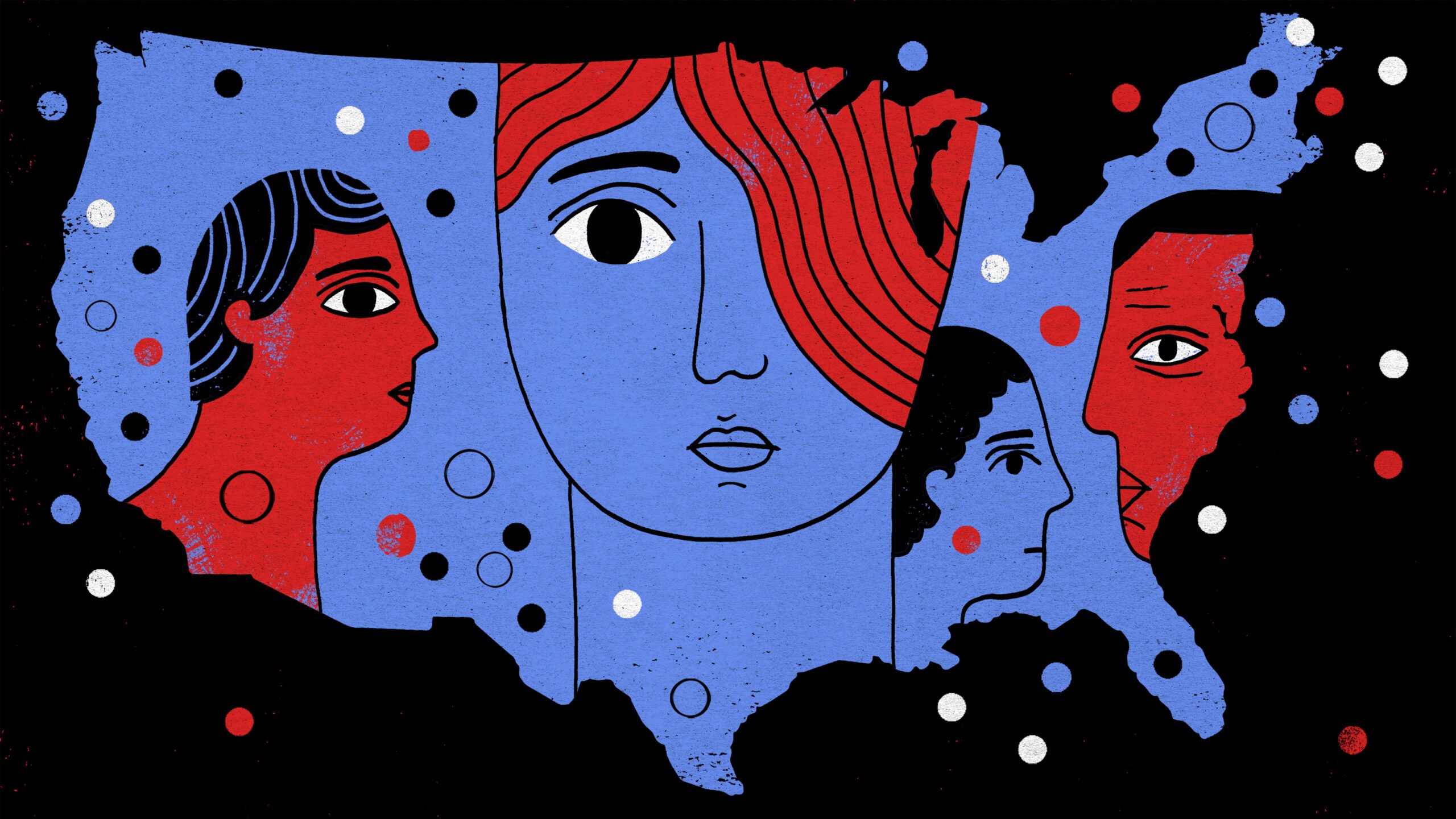Good morning, Bulletin readers. An initiative in Chicago is working to improve gun violence survivors’ long-term health in a unique way: by providing patients with free legal services.
Recovering from violence continues long after the initial wound has been treated. These injuries are life-changing and expensive — and though many survivors are eligible to receive resources to help, navigating the bureaucratic process and paperwork to obtain them is complicated and time-consuming, an expense of its own. Enter Recovery Legal Care, a partnership between a University of Chicago hospital and the nonprofit Legal Aid Chicago.
Recovery Legal Care provides patients with legal assistance for social and economic needs, like acquiring public benefits. Its goal is to break down the barriers families face after a violent injury and provide them with access to benefits and resources that can help long after they leave the hospital. And as The Trace’s Rita Oceguera recently reported, early signs show that the program is helping to prevent readmissions.
From The Trace
- Inside David Hogg’s $8M Bid to Elect Young Progressives: The Parkland school shooting survivor’s PAC has spent millions in state elections nationwide and is already claiming wins at the ballot box.
- Glock Could Make It Harder to Outfit Its Pistols With Switches — For a Price: Police are increasingly recovering Glocks modified to fire like fully automatic machine guns. The company says there’s nothing it can do. Experts disagree.
- The Country’s Biggest Ghost Gun Manufacturer Has Shuttered: As its products increasingly turned up at crime scenes, Polymer80 drew scrutiny from law enforcement and policymakers.
What to Know Today
Americans bought an estimated 1.36 million guns in August 2024, according to an analysis of FBI data. That’s up 9 percent from the previous August. [The Trace]
The perpetrator of last week’s mass shooting at Apalachee High School in Winder, Georgia, which left four people dead and nine injured, reportedly received the gun he is accused of using as a Christmas present from his father. It was a semiautomatic AR-15, an assault-style rifle used in other high-profile mass shootings, including Uvalde, Las Vegas, Buffalo, and Parkland — the latter of which the Apalachee shooter was “obsessed” with, according to law enforcement. Local police spoke with the shooter’s father last year regarding online threats made by his son to commit a school shooting. The father has been arrested for murder. [CBS/The Independent]
Wyoming is home to one of the nation’s highest suicide rates, and the crisis is colliding with another one in the state: Police have higher-than-average suicide rates, too. What’s at the root of the trend, and how can it be stemmed? [WyoFile]
Two European men were indicted in federal court for repeatedly “swatting” — a term for falsely reporting an emergency to elicit an armed police response — members of Congress, cabinet-level officials, a state governor, and others. [The Washington Post]
San Francisco Mayor London Breed has staked her reelection campaign on her efforts to improve public safety. The high-profile shooting of 49ers wide receiver Ricky Pearsall, and two other recent shootings, has complicated her narrative. [San Francisco Chronicle]
The conservative news outlet The Tennessee Star has released 90 pages of a journal it says belonged to the shooter who killed six people, including three children, at the Covenant School in Nashville last year. The writings did not disclose a motive. After 14 months in which several parties sued for the documents to be released, a judge ruled in July to block their publication. [The Tennessean]
Rosanna S. King, 23, who was severely wounded at the age of 6 during a 2006 mass shooting at an Amish schoolhouse, died last Tuesday. Five girls were killed at the one-room school in Lancaster County, Pennsylvania. Five others were wounded, including King, who was shot in the head. The attack left her unable to speak, and she required a feeding tube. Her family said she could recognize them and “smiles a lot, big smiles.” Her funeral was held on Friday. [Associated Press]
Data Point
23 — the number of U.S. schools where a person has been injured or killed by a firearm on campus so far this year. [USA TODAY]
Non Sequitur
‘A Silly Sports Tradition:’ Selling Hot Dogs the Old-Fashioned Way at Oakland Ballers Games: After leaving the Oakland A’s, “Hal the Hot Dog Guy” found a protégé. [The Mercury News]
